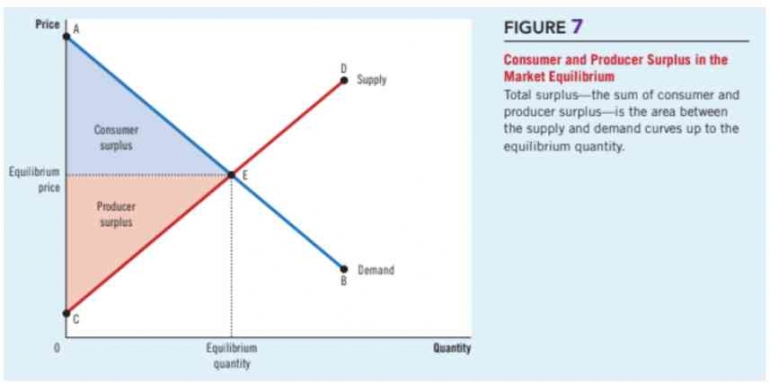"To save your dying son from kidney failure, would you consider donating your kidney to a stranger in exchange for moving your son a few ranks up the transplant waitlist?"
This real-world riddle occurred to Susan Stephen from the front page of The Boston Globe, her story "A Mother's Love: A Catalyst for Saving Two Lives", sparked puzzling questions to fellow economists; If Susan could exchange her kidney for a waitlist spot, could she do the same for a luxury car? Did Susan realize she had undermined her kidney's worth?
A kidney is approximately valued at $100,000 to $266,000-- equivalent to a Lamborghini. As a vital organ in the human body, kidney failure is the most common disease that affects over 800 million of the world's population. Today, more than 106,000 individuals are lining up on the national transplant waiting list (UNOS, 2023). BPJS Kesehatan Indonesia declared that one year of kidney medication treatment was equivalent to 5 years of Indonesia's average wage.
Consequently, hospitals use an unbiased system through transplant waitlists for equitable organ distribution, ensuring that every patient is served in turn based on the kidney donor's match and compatibility (Ministry of Health, 2023). Nonetheless, the average wait for a kidney transplant is about 3 to 5 years. Estimately, 15% to 30% die in the queue. With opportunity costs stacked against Susan, does a Lamborghini still sound appealing?
Your Kidney Today
In Indonesia, the Human Tissue Act prohibits receiving any kind of payment in exchange for donating a human organ. According to UU No 36 Article 192, aside from medical risks, selling organs is deemed unethical and a violation of human rights. When matters of ethics intersect with economics, humans may be drawn to the dark side of Repugnant transactions---arising to Repugnant markets.
Essentially, the government has set a price ceiling of zero to create scarcity for organ markets. Consequently, when there is an excess demand for kidneys, there are shortages in supply. Realizing that the only way to cure kidney failure (and to solve this kidney riddle) is to balance the supply and demand-- market equilibrium.
So, Should Kidney Sales be Legal?
In 2007, Gary Becker, the American Economist, demonstrated that altruistic motives are rare, and hospitals must stop relying on these donors. Becker's study reveals that kidney transplants exhibit an inelastic supply curve to altruistic policies, primarily because kidney recipients expect money in return. Becker then proposed a bold solution of providing financial incentives to draw humans in exchange for a kidney donation, believing this approach could promptly empty the waiting list.
After analyzing 14 more years of data to assess any fundamental shifts, the assumption that to ensure economic well-being, buyers and sellers must benefit from their participation in the market (Consumer Surplus and Producer Surplus). Thus creating market efficiency, and economic welfare, with a total surplus achieved.










